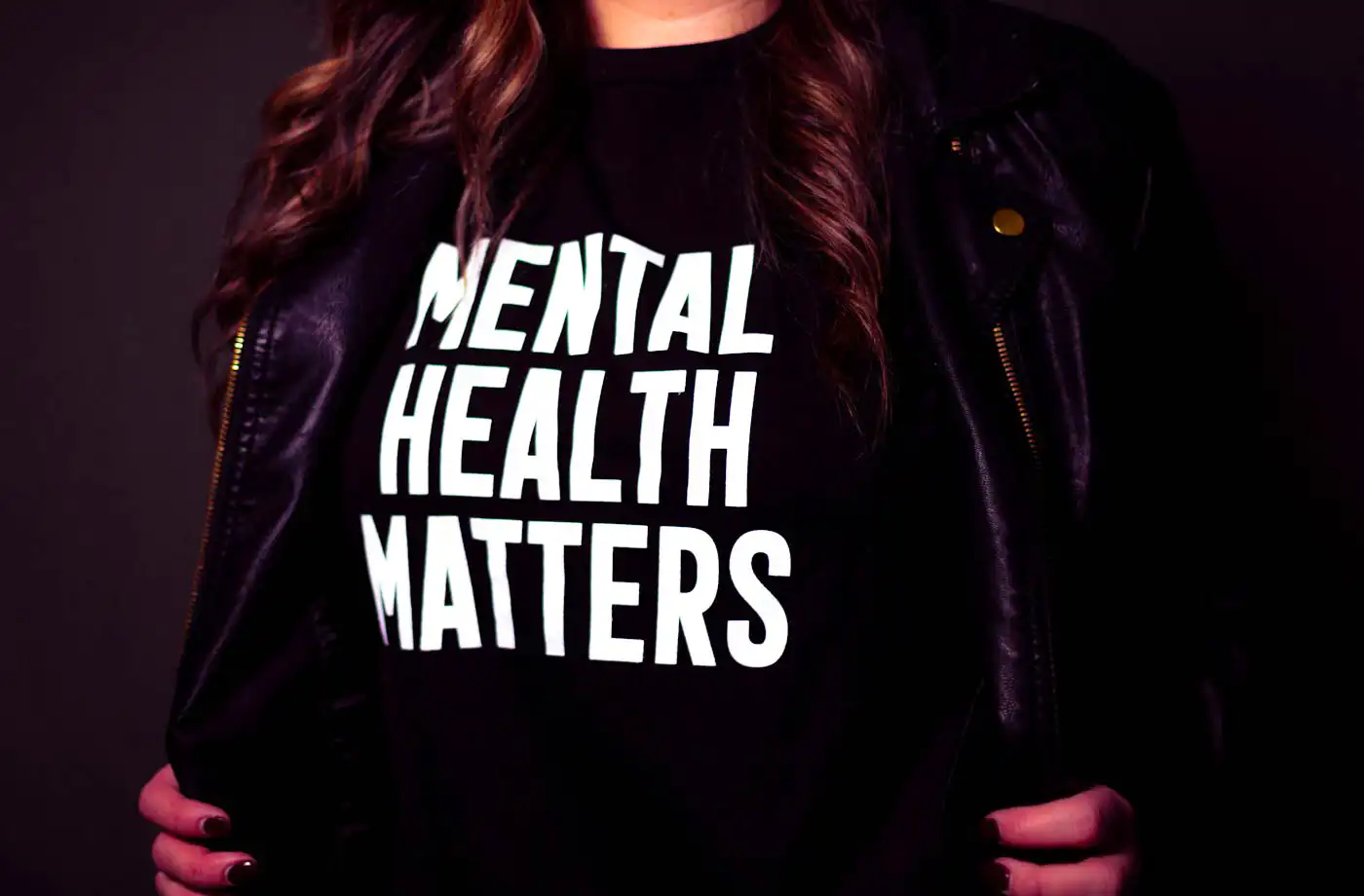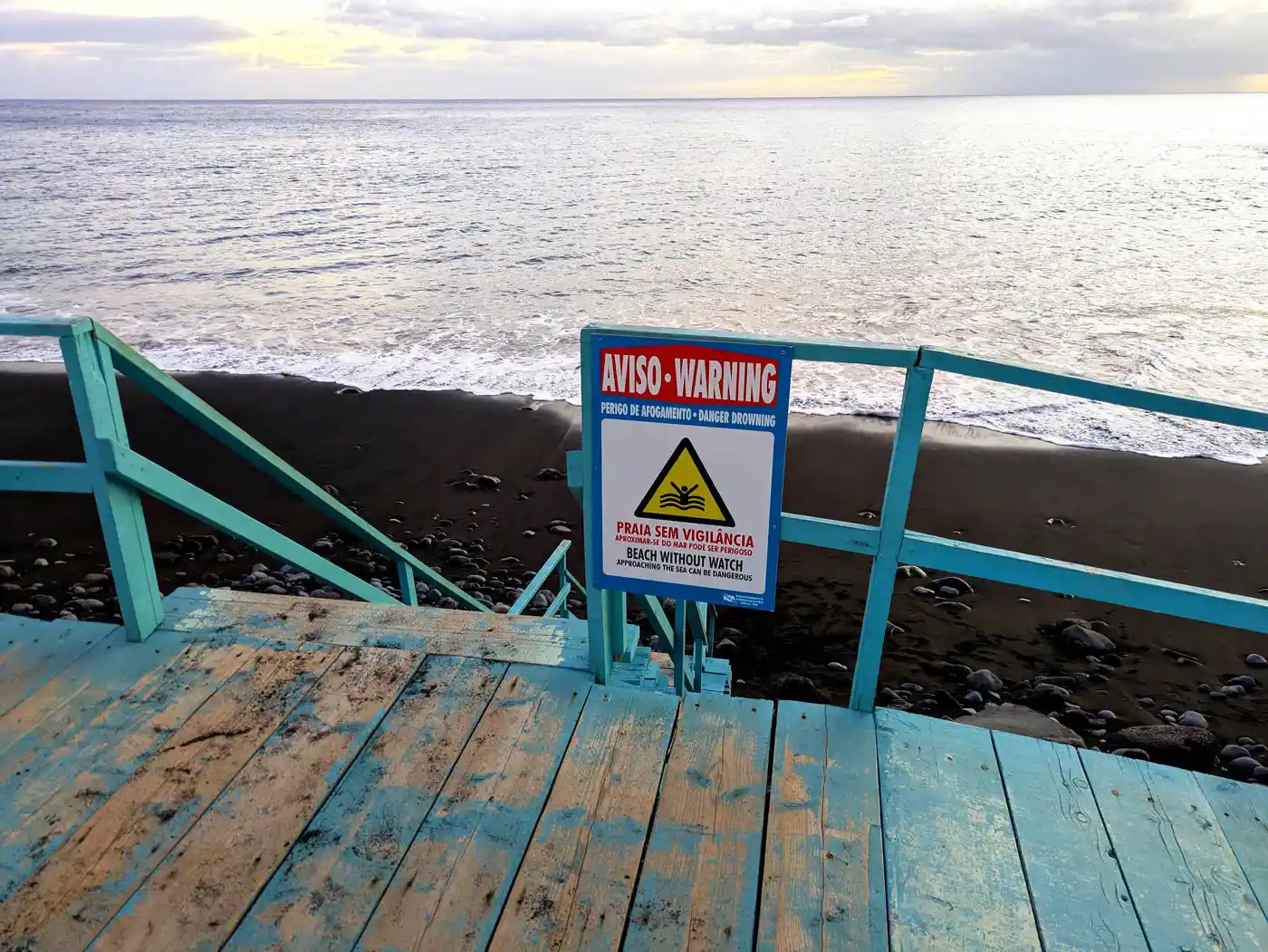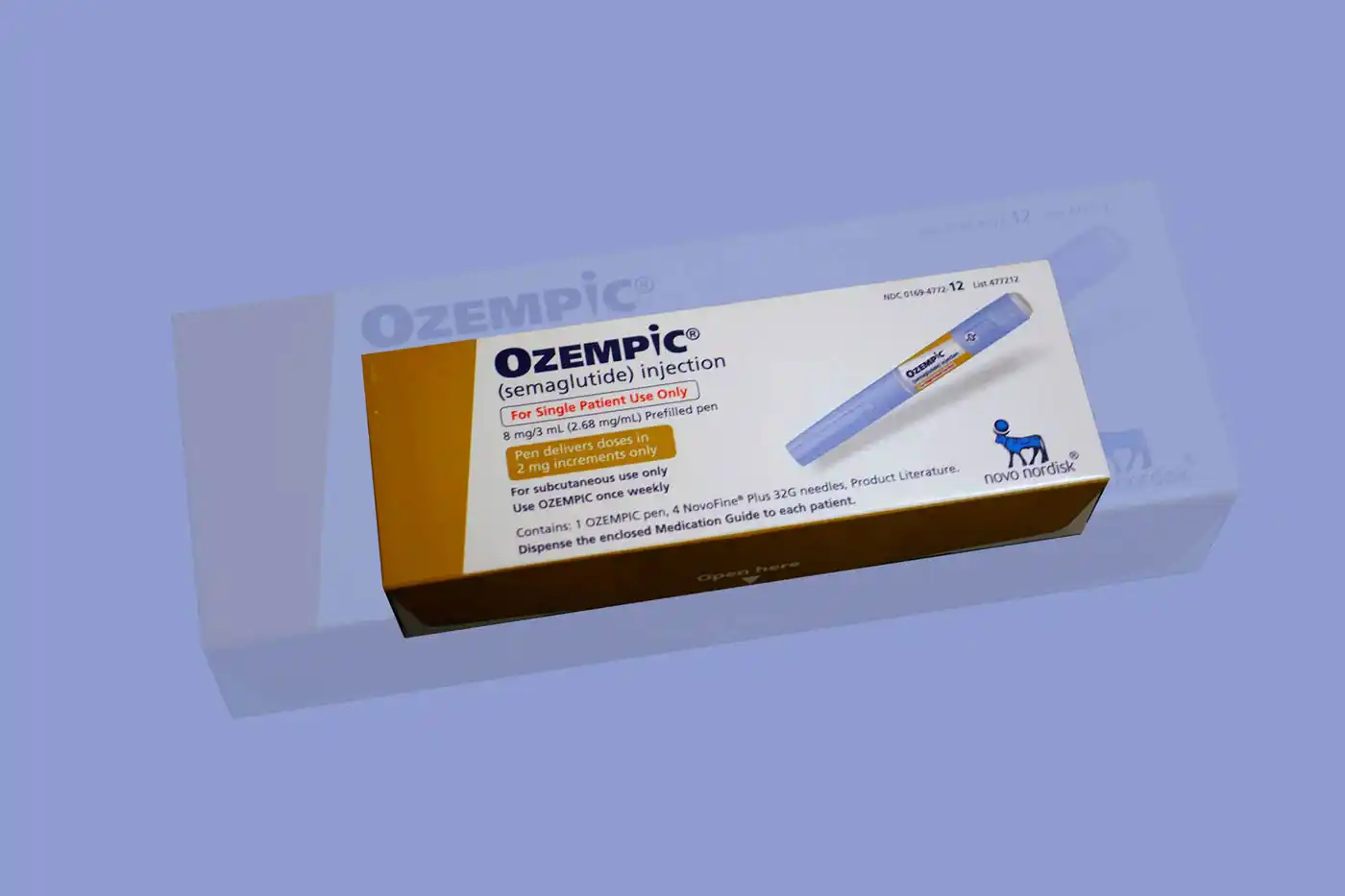Mental Disorders Affect About 15% of Working Adults, Says Madeira’s Health Observatory
At the opening of the 11th Psychiatry and Mental Health Conference, held on October 9 and 10, 2025, in Funchal, the President of Madeira’s Legislative Assembly, Rubina Leal, highlighted new data from the Regional Observatory of Mental Health. According to the figures, around 15% of the region’s working-age population has experienced a mental disorder, while nearly 30% of young people have received psychiatric care.
There is an urgent need to strengthen services and diversify responses, from prevention to rehabilitation
Rubina Leal, Diário de Notícias Madeira
She called for shared responsibility between the government, civil society, and community networks in developing coordinated strategies.
Mental Health Is Central to Social Well-Being
During her address, Leal stressed that mental health must be treated as a fundamental issue to the collective well-being, rather than a secondary concern.
Mental health is not a peripheral topic: it is central to individual and collective well-being, essential to the full exercise of citizenship, social cohesion, productivity, and quality of life
The regional leader emphasized that promoting mental health requires investment, public awareness, and sustained cooperation between local institutions and professionals.
Casa de Saúde São João de Deus Supports Over 330 Patients With a 200-Person Team
Rubina Leal also praised the Casa de Saúde São João de Deus, the host of the two-day conference, describing it as a central institution in Madeira’s mental health ecosystem, with more than 200 staff caring for around 330 patients. The center provides essential psychiatric and rehabilitation services and plays an important role in addressing new mental health challenges.
She acknowledged the institution’s significant contribution in responding to the growing influence of synthetic drugs and emerging psychoactive substances.
New Psychoactive Substances Described as “Threat to Future Generations’ Mental Health”
Warning about the spread of New Psychoactive Substances (NPS), Leal described them as “a threat to the mental health of future generations.” She urged public institutions to invest in prevention and awareness, noting that these substances can have severe and lasting psychological effects.
In closing, Leal expressed hope that the Psychiatry and Mental Health Conference would lead to tangible results.
These meetings should inspire not only reflection but also action — through the creation of local support networks, new protocols, and sustained investment, she said, reminding participants that “mental health is a public good that requires courage, persistence, and solidarity to protect.
Rubina Leal
Source: Diário de Notícias Madeira






Comments